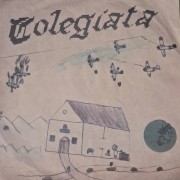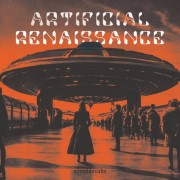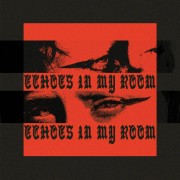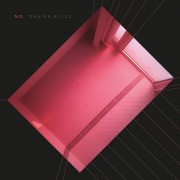French musician, producer, and live artist Contre Soirée aka Olivier Decodts makes a significant return to Veyl with ‘Psychiatry’, a four-track EP shaped by deeply personal experience and emotional intensity. Rooted in post-punk, the release blends electronics with guitar parts, everything performed by Olivier himself.

What may have initially sounded like a PR stunt quickly revealed itself as anything but: ’Psychiatry’ was conceived, completed, and sent to the label during Olivier’s stay in a psychiatric hospital. The first three tracks form a raw and honest narrative, tracing the events and emotional journey leading up to his hospitalization and explore the boundaries between vulnerability and resilience.
Closing the release is a cover of the Pixies’ ‘Gauge Away’, a long-time favorite of Olivier’s. His rendition pays tribute to the original while placing it firmly within the emotional and sonic context of the EP, a final note of reverence and catharsis.
‘Psychiatry’ is a fearless expression of personal truth, pushing beyond the dancefloor to uncover something more intimate and affecting.




